When Tradition Meets Governance
The Mysuru Dasara, Karnataka’s flagship cultural festival, is a spectacle that blends centuries-old rituals with contemporary statecraft. Every year, the inauguration of the festival attracts attention, often sparking debates over tradition, inclusivity, and political symbolism. This year, controversy erupted when the state government invited acclaimed author Banu Mushtaq to inaugurate the festival rituals. A petition reached the Supreme Court arguing that a non-Hindu could not be given such a role.
In a brief but decisive ruling, the Supreme Court dismissed the plea, stating that the Dasara inauguration is a state-organized event, not a strictly religious ritual. The order clears the path for celebrations to proceed as planned, while also setting a precedent on how courts view the intersection of governance and cultural traditions.
The Petition: Arguments and Concerns
The petitioners contended that inviting a non-Hindu to inaugurate rituals “violates tradition” and could cause cultural disruption. Their plea rested on two grounds:
- Tradition: Historically, the Dasara rituals were performed with Hindu religious leaders inaugurating ceremonies.
- Religious Rights: The petition implied that handing over ritual space to non-Hindus undermined Hindu cultural heritage.
However, the bench observed that the Dasara event is not a purely religious function but a state-sponsored cultural festival. As such, the executive has the right to decide who officiates the ceremonies.
Supreme Court’s Order: A Brief but Firm Clarification
The Supreme Court’s dismissal of the plea was concise but impactful. Key points included:
- The event is a state program, not bound by religious orthodoxy.
- The executive has discretionary power in ceremonial matters.
- Courts will not micromanage cultural or symbolic decisions unless there is a clear constitutional breach.
This echoes the judiciary’s broader principle of judicial restraint in cultural affairs, where the state’s administrative role takes precedence over religious claims.
Broader Implications: Tradition vs Inclusivity
The order reflects a broader societal debate: How should public festivals balance tradition with inclusivity?
- Tradition: Many feel rituals tied to cultural festivals should remain rooted in religious customs.
- Inclusivity: Others argue that state-backed festivals must reflect India’s pluralism and democratic ethos.
By endorsing the government’s decision, the court has tilted the balance toward inclusivity while respecting tradition as a cultural backdrop rather than a constitutional mandate.
Political Reactions and Social Media Storm
The controversy had already spilled into political and social domains before the court’s ruling:
- Karnataka officials welcomed the clarity, calling it a “progressive step that affirms diversity.”
- Organizers expressed relief, noting that festival preparations were in their final stretch.
- Opposition voices criticized the move as a “political stunt” diluting traditions.
- Civil society groups hailed the ruling as a reaffirmation of secular governance and inclusivity.
On social media, hashtags around #MysuruDasara trended for days, reflecting polarized reactions.
Legal Observers: Court’s Reluctance to Police Rituals
Constitutional experts noted that the order aligns with past judgments where courts avoided entering domains of ritual micromanagement. Unless fundamental rights or constitutional provisions are directly violated, the judiciary typically allows the executive and community stakeholders to navigate cultural spaces.
This approach avoids setting precedents where courts could become arbiters of religious propriety—a role outside their mandate.
Karnataka’s Cultural Diplomacy
The Mysuru Dasara is more than just a festival—it is Karnataka’s cultural diplomacy tool, attracting tourists, investors, and global attention. By choosing Banu Mushtaq, the government signaled an effort to present the festival as inclusive, modern, and reflective of Karnataka’s diverse heritage.
Such decisions often serve dual purposes: honoring tradition while recasting state identity in the lens of progress and unity.
Conclusion: A Festival Unites, Not Divides
The Supreme Court’s ruling does more than settle a petition—it provides clarity on the balance between tradition, inclusivity, and executive discretion. For Karnataka, the judgment means Mysuru Dasara 2025 will unfold without legal clouds, allowing the focus to return to celebration, tourism, and cultural pride.
At a deeper level, the ruling reaffirms the principle that festivals organized by the state must rise above sectarian boundaries—serving as platforms of unity rather than division.
#SupremeCourt #MysuruDasara #Karnataka #BanuMushtaq #Festivals #SecularIndia #Judiciary #CultureAndTradition #SarhindTimes




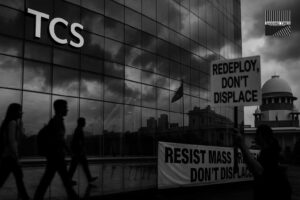


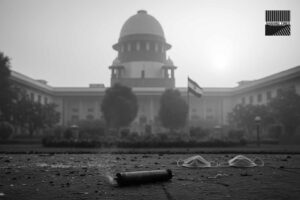



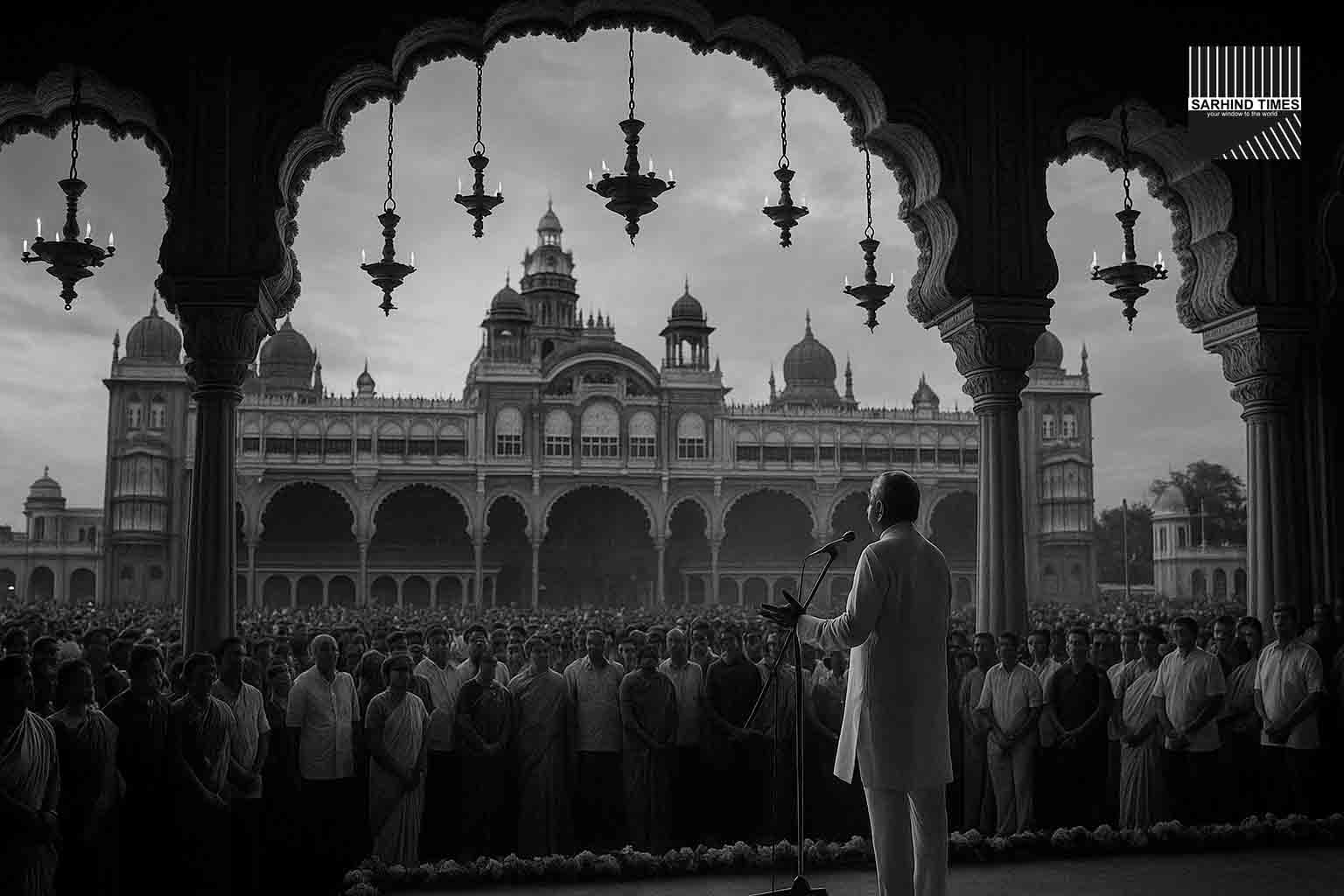
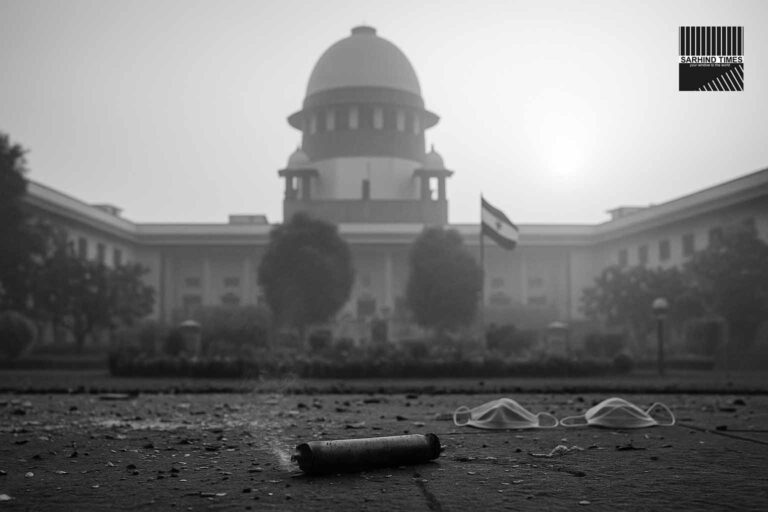

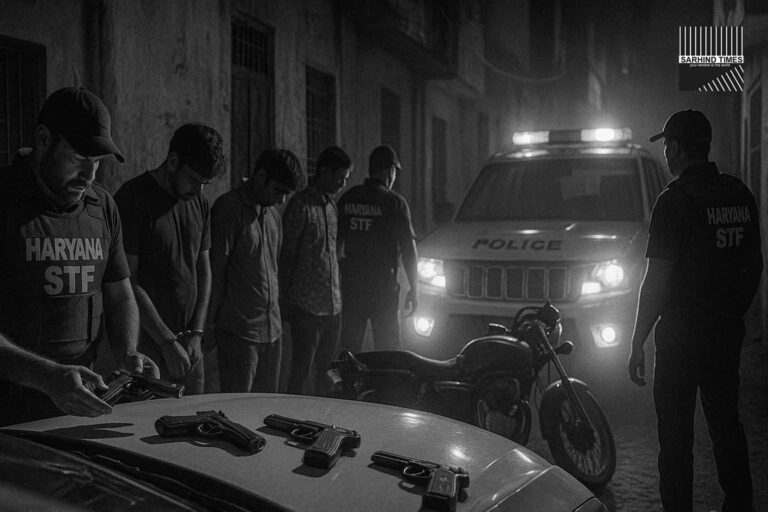
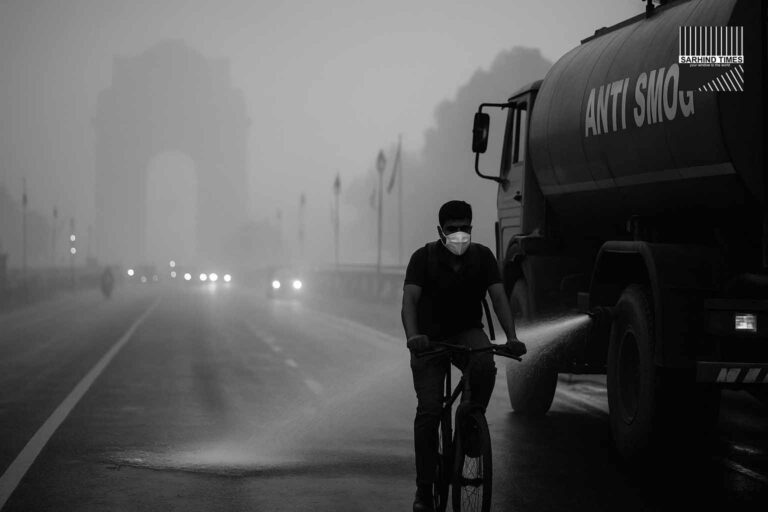
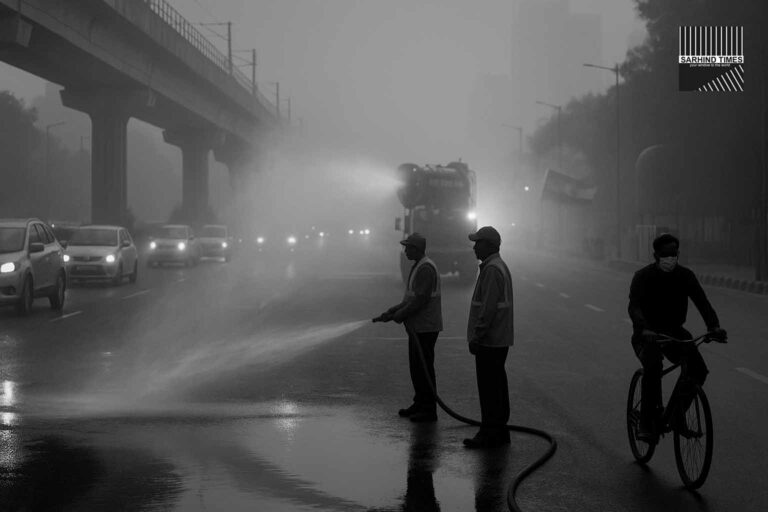




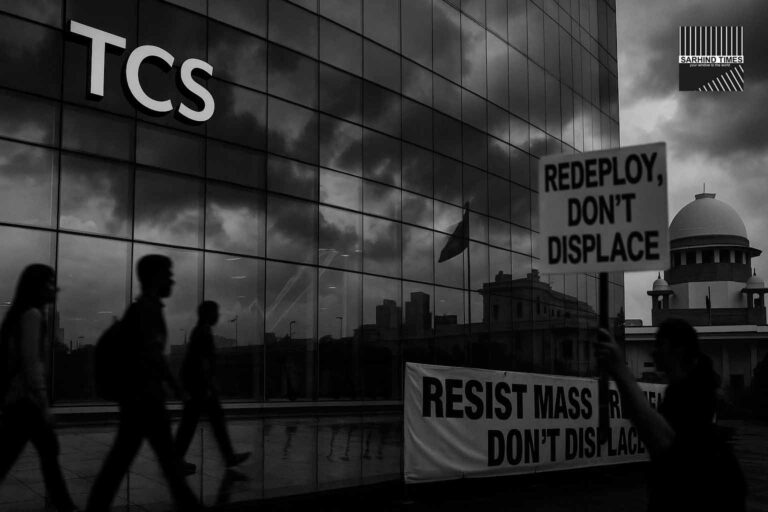

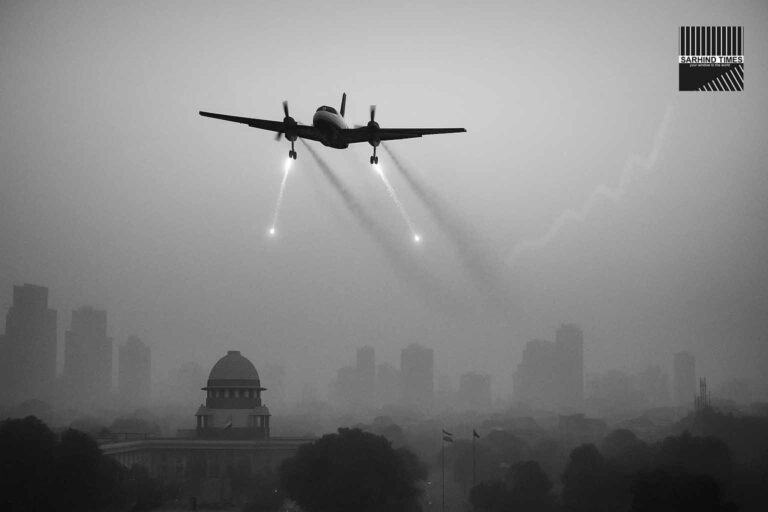
+ There are no comments
Add yours